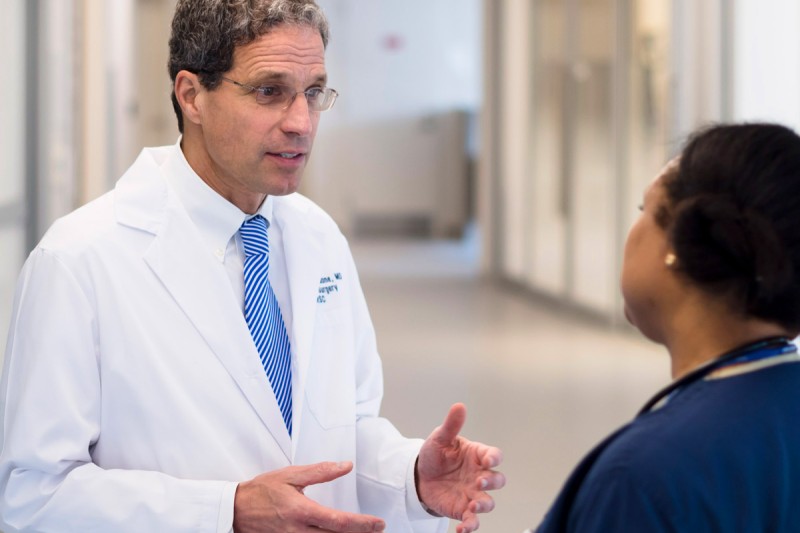
Al Roker, anchor of NBC’s TODAY, shared an update on his successful treatment for prostate cancer at Memorial Sloan Kettering (MSK) in a recent segment on the broadcast. Al had previously announced his diagnosis on the show prior to having surgery for the disease.
“Al’s surgery went well,” shared Vincent Laudone, MD, Chief of Surgery at MSK’s Josie Robertson Surgery Center and Al’s surgeon, in an interview on TODAY. “In Al’s case things seem confined to the prostate, so that gives him an excellent prognosis. But still, we need to continue to monitor him and so he is up for lifelong monitoring to make sure the cancer doesn’t come back.”
African American men are more likely to get prostate cancer and also more likely to die from it. Al’s cancer was caught early thanks to a PSA test, a simple blood test that screens for elevated levels of an antigen in the blood that can be an indicator of prostate cancer. By sharing his own story, the beloved news anchor has raised awareness about the importance of being proactive about one’s own health and keeping up to date with routine cancer screenings.
“One in nine men will get diagnosed with prostate cancer. For African American men, it’s even stronger. We’re 50 percent more likely to be diagnosed with it. And two and a half times more likely to die from it. So, getting checked and getting checked early — starting if you are an African American male after 40 — is really important, guys,” Al stressed on the broadcast.
“We want to send a special message out there to African American men and the people who love them. And that is that there is screening for prostate cancer and screening saves lives,” shared Carol Brown, MD, Chief Health Equity Officer at MSK, in a previous segment on NBC’s TODAY where Al announced his diagnosis. “African American men — because they are at higher risk and at higher risk of having a more aggressive type of cancer, no matter what their family history — they should really talk to their physician about starting screening at age 40. And for all men, it should be between the age of 40 and 45. If you do have a family history, then you should start screening at age 40.”
Al’s experience has sparked an important conversation that will leave a lasting impact. He also had a special message for his care team at MSK, “I just want to give a shout-out to the folks at the Josie Robertson Surgery Center where I had the surgery done.” Roker’s willingness to share his prostate cancer diagnosis and treatment journey will no doubt help save men’s lives.
